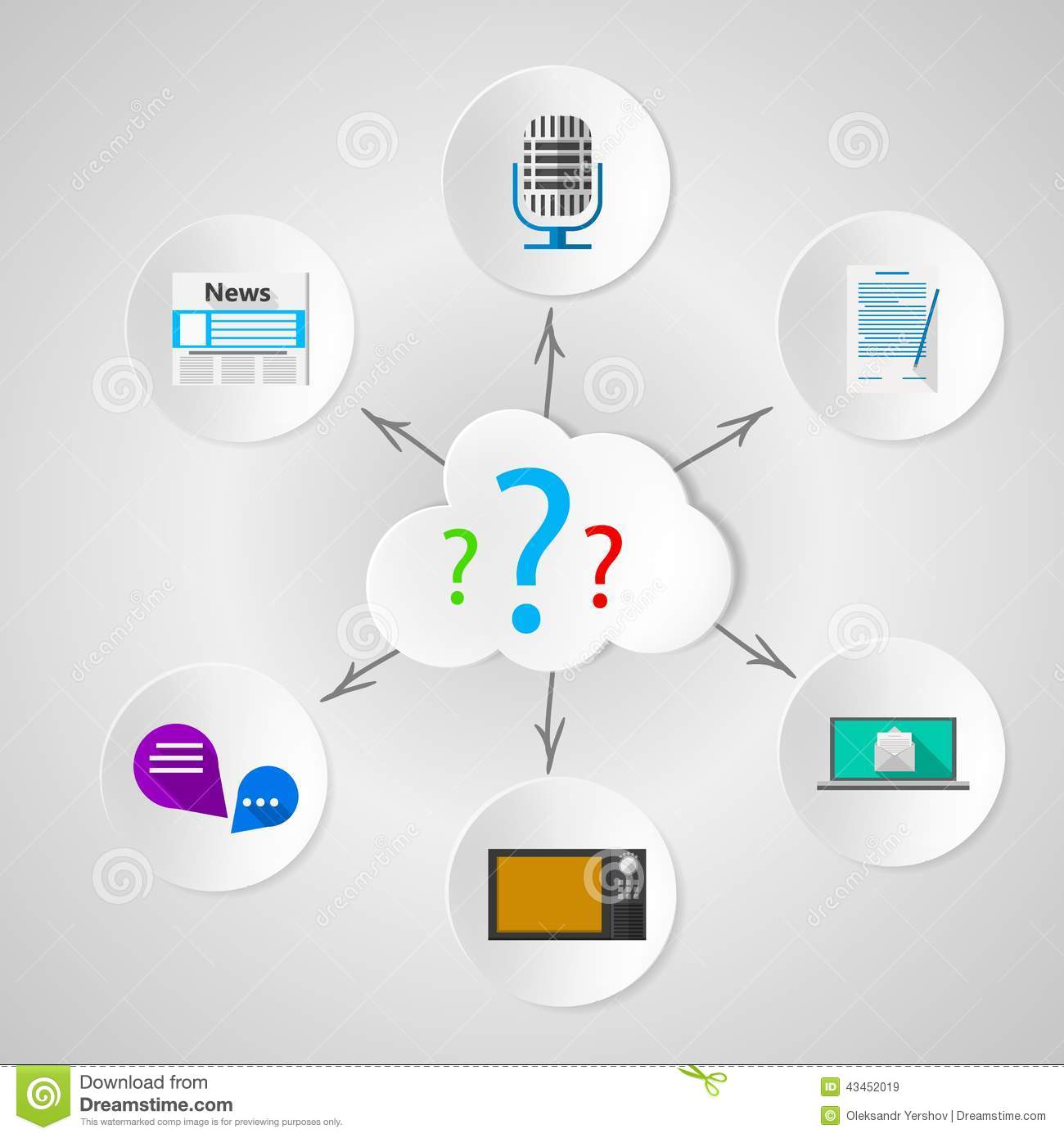 What is dissemination?
What is dissemination?
According to the definition provided by European Comission (cf https://ec.europa.eu/programmes/erasmus-plus/programme-guide/annexes/annex-ii), "dissemination is a planned process of providing information on the results of programmes and initiatives to key actors. It occurs as and when the result of programmes and initiatives become available. In terms of the Erasmus+ Programme this involves spreading the word about the project successes and outcomes as far as possible. Making others aware of the project will impact on other organisations in the future and will contribute to raising the profile of the organisation carrying out the project. To effectively disseminate results, an appropriate process at the beginning of the project needs to be designed. This should cover why, what, how, when, to whom and where disseminating results will take place, both during and after the funding period".
How to disseminate results?
There are many different ways to disseminate and exploit results.
project or organisational websites
meetings and visits to key stakeholders
dedicated discussion opportunities such as information sessions, workshops, (online) seminars, training courses, exhibitions, demonstrations, or peer reviews
targeted written material such as reports, articles in specialised press, newsletters, press releases, leaflets or brochures audiovisual media and products such as radio, TV, YouTube, Flickr, video clips, podcasts or apps
social media
public events
project branding and logos
existing contacts and networks